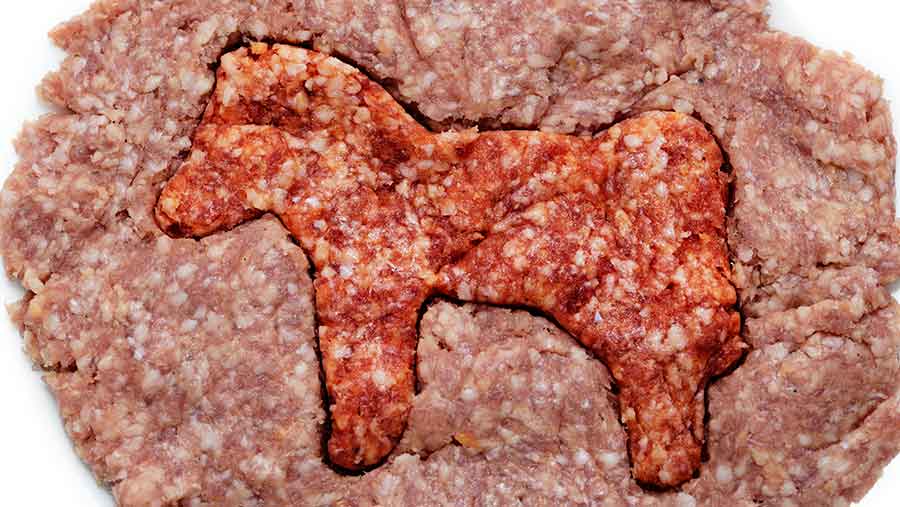‘Up to 50,000 horses disappeared in the horsemeat scandal’
 © Action Press/REX Shutterstock
© Action Press/REX Shutterstock Up to 50,000 horses “disappeared” across Europe and probably ended up in our food during the 2013 horsemeat scandal, a leading food safety expert has claimed.
Professor Chris Elliott, the UK’s leading food fraud expert, made the astonishing revelation at a recent conference held at Doncaster Racecourse.
He said thousands of horses started to disappear in Europe in 2008 around the time of the financial meltdown.
See also: Food crime unit ‘almost operational’
It was “probable” these horses ended up in our food supply system, he added, because people could no longer afford to keep them.
And Prof Elliott, who led a review into food chain security following the scandal, said unless police and local authorities took the issue seriously, it was likely to happen again.
“The idea that 50,000 horses could just disappear may seem incredible to some, but the scale at which some of these gangs can operate is huge.”
Professor Chris Elliott
Food fraud was now an organised and global criminal enterprise involving gangs such as the Mafia and the central American drug cartels, said the professor.
Organised criminal gangs were becoming more interested in food fraud, he warned. Therefore, we must act now to prevent public health threats.
“The idea that 50,000 horses could just disappear may seem incredible to some, but the scale at which some of these gangs can operate is huge,” said Prof Elliott.
“Wherever there is money to be made – and the sums involved in food fraud are in the billions – criminals will find a way.”
In 2013, horsemeat was found in supermarket prepared frozen meat and ready meal products that were said to contain beef.
Prof Elliott described the scandal as a “wake-up call for the UK” following similar, unrelated cases in other countries, such as the adulterated milk scandal in China in 2008, which made 300,000 infants ill and led to six deaths.
The horsemeat scandal was a “close call” because there was little direct threat to public health. But next time, we may not be so lucky, he warned.
Prof Elliott said the establishment of a National Food Crime Unit by the Food Standards Agency (FSA) in 2014 was a “good first step”.
Meanwhile, it emerged this week that a new Scottish Food Crime and Incident Unit (SFCIU) is to be set up by Food Standards Scotland (FSS) to tackle food fraud.
But with food fraud and adulteration efforts becoming increasingly sophisticated, everyone across the food chain must increase efforts to ensure food is safe and traceable.
“The only way we can succeed is for everyone, from farmers and producers to retailers and the authorities, to work together to improve the tracking and auditing of our food supply chain,” said Prof Elliott.
Prof Elliott, who is Director of the Institute for Global Food Security at Queen’s University Belfast, issued the warning at the Fighting Food Fraud conference in Doncaster, hosted by Highfield Awarding Body for Compliance (HABC), one of the UK’s leading exam boards.
Food fraud is costing food and drink companies £11.2bn a year, according to a report published at the University of Portsmouth last November.

